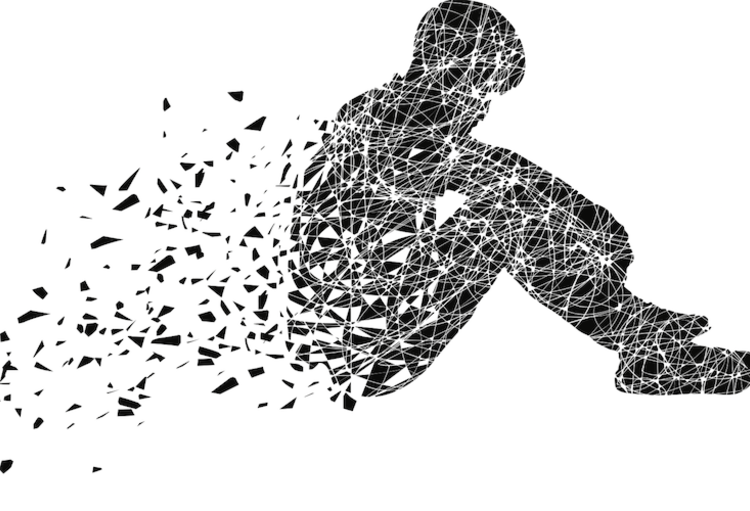Victimology
The History
The study of victims has roots dating back to the late 18th and early 19th centuries, with early criminologists such as Jeremy Bentham and Cesare Beccaria proposing theories that emphasized the importance of considering the impact of crime on the victim. In the mid-20th century, victimology emerged as a distinct field of study, largely due to the work of criminologist Benjamin Mendelsohn. In 1947, Mendelsohn published a paper titled "The Role of the Victim in the Criminal Process," in which he argued that the study of victims was critical to understanding crime. The 1960s and 1970s saw a significant expansion of victimology, with scholars and researchers studying the experiences of crime victims and the impact of crime on their lives. This led to the development of victim services, such as victim compensation programs and victim advocates. In the 1980s and 1990s, victimology continued to evolve, with an increased focus on the rights of victims and the role of victims in the criminal justice system. This led to the development of victim impact statements and the establishment of victims' rights laws. Today, victimology is a thriving field of study that continues to explore the experiences of crime victims and the impact of crime on individuals and society as a whole.

Victimology
Victimology is the scientific study of victims of crime, their experiences, and the impact of crime on their lives. It is a multidisciplinary field that encompasses research from various academic disciplines, including criminology, sociology, psychology, law, and social work. Victimology seeks to understand the dynamics of victimization and the experiences of those who have been victimized by crime. It examines the physical, emotional, and financial effects of victimization, as well as the social and cultural factors that contribute to victimization. It also explores the response of the criminal justice system and society to victims of crime, including victim services, compensation, and support. Its ultimate goal is to improve the well-being of victims and prevent victimization from occurring in the first place.
Victimology takes a victim-centered approach to the study of crime, emphasizing the importance of understanding the experiences and needs of victims. This approach stands in contrast to the traditional focus on the offender and the crime itself.
Victimology encompasses a wide range of topics and areas of research, including victimization patterns, risk factors for victimization, victim-offender relationships, the impact of victimization on mental and physical health, the experience of trauma, victim advocacy, and the role of victims in the criminal justice system. It has led to important changes in criminal justice policies and practices, including the development of victim compensation programs, the establishment of victims’ rights laws, and the use of victim impact statements in court. Overall, victimology is a critical field of study that helps to shed light on the experiences of crime victims and informs policies and practices aimed at preventing victimization and improving the well-being of victims.
